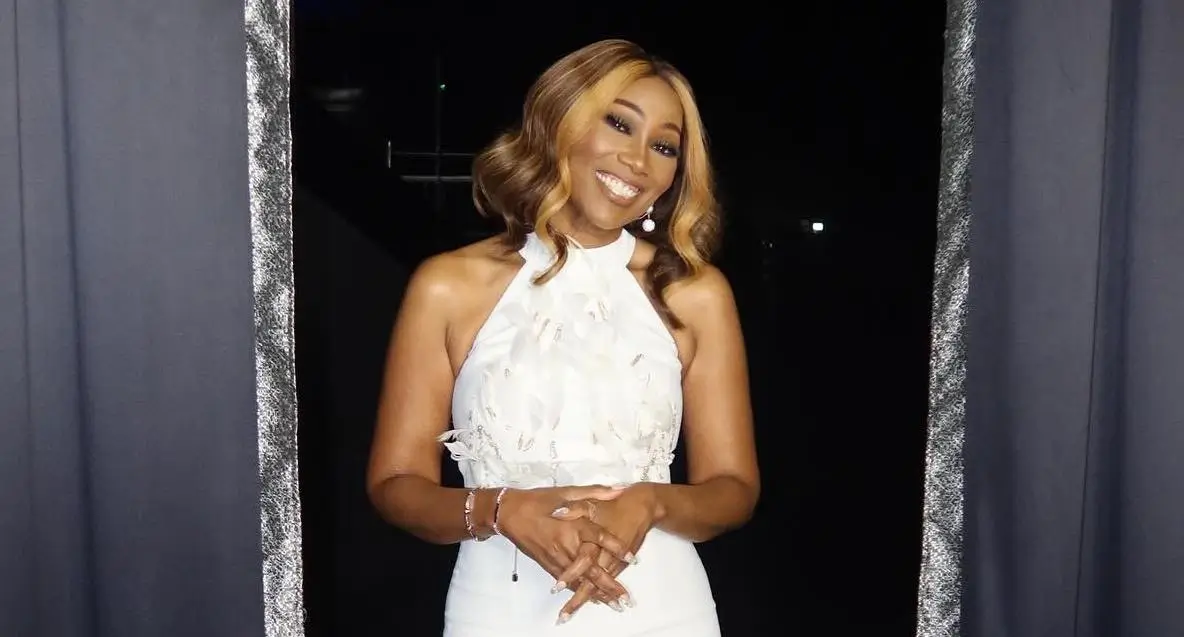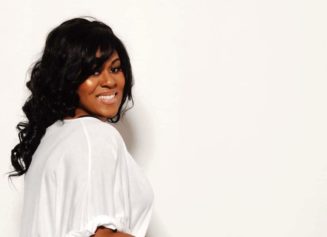Gospel star Yolanda Adams is not allowing fans to put her in a box regarding her style, self-confidence, and message as a gospel artist.
The Grammy winner wants social media critics to “cut it out” after she recently faced backlash for wearing form-fitting clothing.
“Because of the way I was raised in this very free-thinking family where everybody had their own voice and everybody had their own talents, I didn’t feel any need to be anybody other than Yolanda,” Adams said in a new interview with People. “And it was very evident, not just in the music, but in the fashions as well.”

Through the decades that she has been active, the “Open My Heart” vocalist has been revered for her powerful voice and music, inspiring millions and becoming a prominent figure in music.
Despite her success, which includes 14 studio albums, three Grammys, and becoming the inaugural artist to win the American Music Award for Contemporary/Inspirational Artist, she has encountered criticism regarding her wardrobe choices, particularly outfits that some perceive as too revealing or form-fitting for a gospel singer.
Adams faced scrutiny after the release of her seventh album, 2001’s “Believe.”
The album’s cover features the singer in an electric blue body-hugging crocheted gown by GiGi Hunter. The dress and the album were hits with fans, but it ruffled some feathers with the traditionalists in the genre.
“Because I do not have the typical gospel singer body, I think that it was easy for me to just pick out what I wanted and then just wear what I wanted,” explains Adams. “Again, I didn’t grow up in a household where we had stipulations on what we could wear, what we couldn’t wear, what we could listen to, what we couldn’t listen to in my family.”
Comedian Steve Harvey pointed out the singer’s beauty at the 2005 Celebration of Gospel. During his hosting gig, the comic blurted out, “Yolanda sho’ is sexy” as he described being mesmerized in her presence. The subject was further discussed in his 2006 docu-comedy special “Don’t Trip, He Ain’t Through with Me Yet.”
“For him to say that, I knew he was joking. I knew he was kidding,” Adams said, referring to Harvey, who she calls her “brother.” “But for him to say that, it caught me by surprise, but then I started reading what people were saying too, you know, commenting on it.”
The “Victory” singer then went on to reveal she had mixed emotions as she started to read the reactions from the fans.
“It’s like, ‘yeah, she sho’ is fine. I wish she was my wife.’ No!” she continues with a laugh. “Those kinds of things. And then, of course, you had the ones that [said], ‘well, I don’t know about her dressing with her shoulders out and stuff.’ Ma’am, it’s the Shrine Auditorium. It is not 3rd Baptist Church on the other side of Ecclesiastes Road.”
Adams caused even more commotion in 2016 when she wore a cleavage-baring gown to the 2016 Stellar Awards gown.
Before the whispers got too loud, fellow gospel artist Erica Campbell defended Adams on X (then Twitter), writing, “Did the saints really have a problem with Yolanda Adams dress at the Stellars?”
After fans affirmed the old rules and standards should be thrown out the window, Campbell responded, “Loving your responses. We have to focus on our souls and not get caught up in the exterior of a person.”
The debate around the expectations of modesty and being conservative is not only directed toward someone with a 6-foot modelesque frame or nicknames as “Thee Gospel Stallion,” such as Adams but for anyone who dares step out of arbitrary mold placed on the genre’s artists.
With her ability to appeal to a diverse fan base, Adams has always represented the intersection of faith and personal expression, advocating for a culture that celebrates diversity in the gospel community and music genre.
“I thank God for the way I was raised because I don’t have those restraints and I don’t put those restraints on anybody else. When I see you, I see this loving spirit. And that’s the way I want to live my life,” she concluded.


